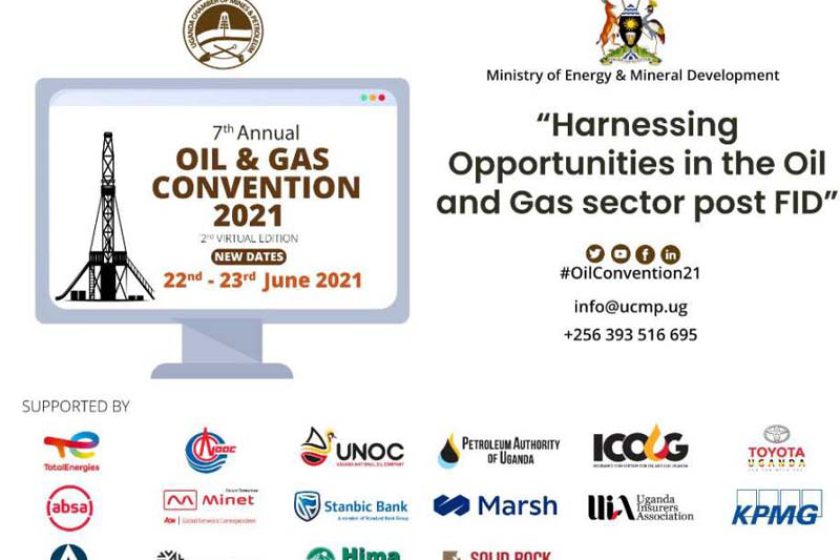In a time of unprecedented global disruptions caused by the Covid-19 pandemic, conflicts, and climate change, the Tanzania Port Authority (TPA) has unveiled a strategic initiative that promises to reshape the trade landscape in the region. The recent announcement of a free 30-day storage period for Ugandan importers signifies not just a shift in logistics dynamics, but also a bold step towards fostering trade confidence and growth. This landmark decision, unveiled at the FIATA-RAME 2023 Logistics Conference in Kampala, Uganda, aims to pave the way for a new era of resilient trade relations.
Navigating the Trade Challenges
Tanzania’s efforts to attract Ugandan importers have faced challenges, including high transportation costs and geographical disparities. The allure of the Mombasa port, with its proximity and cost efficiency, has often overshadowed the Dar es Salaam port. The statistics from 2018 illustrate this point: transporting a container from Dar es Salaam to Kampala cost around $4,800, while the same journey from Mombasa cost $2,700.
TPA’s Vision: Bridging Gaps and Building Confidence
TPA’s strategic move holds the promise of reversing this narrative by fostering a conducive business environment. Dr. Jane Buberwa, an expert based in Dar es Salaam, stresses the pivotal role of customer-centric strategies in attracting traders. She asserts that providing better customer care can significantly contribute to Tanzania’s vision of expanding port capacity to 30 million tonnes by 2030.
“Better customer care can woo more freight forwarders, even considering the distance factor,” Dr. Buberwa affirms, underlining the transformative potential of exceptional service quality.
Strategic Incentives: Empowering Trade
Beyond rhetoric, TPA is backing its commitment with strategic initiatives. A dedicated Ugandan shed for consolidation and deconsolidation purposes, specifically for imports, is a tangible testament to this commitment. This facility operates around the clock, offering a consolidation center that caters to the requirements of stakeholders. Additionally, the 30-day storage period serves as a crucial asset, facilitating practical and realistic import planning.
Mr. Yesaya Masangya, Marketing Manager at TPA, underscores the significance of this storage period. He emphasizes that it aligns with the needs of traders while ensuring compliance with industry standards.
Building the Trade Ecosystem: A Collaborative Approach
Dr. Abdul Mkongwa, an economist from the University of Dar es Salaam, recognizes the far-reaching impact of empowering traders. By offering opportunities and demonstrating unwavering commitment, Tanzania’s ports can emerge as preferred choices. Dr. Mkongwa notes that traders communicate among themselves, and the positive reputation of the ports can drive increased utilization and engagement.
Multilines International Limited: A Potential Participant
As a prominent freight forwarder in the region, Multilines International Limited emerges as a potential key player in this transformative journey. With a comprehensive suite of logistics services encompassing air and sea freight, customs brokerage, warehousing, and distribution, Multilines is poised to support the anticipated surge in trade activity driven by TPA’s strategic initiatives.
In Conclusion: Charting a New Trade Landscape
TPA’s introduction of a free 30-day storage period for Ugandan importers signifies more than just a pragmatic incentive; it symbolizes a commitment to nurturing thriving trade relations. With a well-defined vision and support from potential stakeholders like Multilines International Limited, Tanzania stands poised to usher in a new era of dynamic regional trade.
As we witness this strategic evolution, Multilines International Limited remains dedicated to offering top-tier logistics solutions aligned with evolving trade demands. Delve into Multilines’ array of services, and embark on a journey towards seamless trade excellence.
Related Posts
NewsUganda
February 19, 2025 By master
Multilines International Runs at the Absa KH3 7 Hills Run for Girl-Child Education
The Multilines International team laced up their running shoes and hit the pavement this...
NewsUganda
December 27, 2021 By master
Multilines International seeks to leverage on Oil Sector Partnerships
Multilines International Limited seeks to create and leverage on partnerships in oil...




